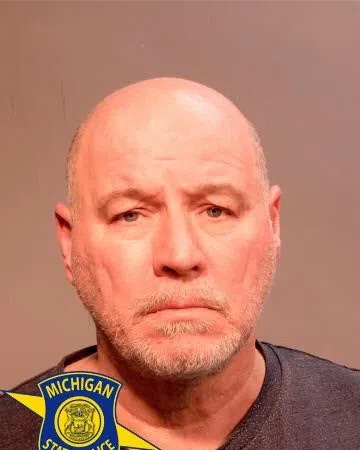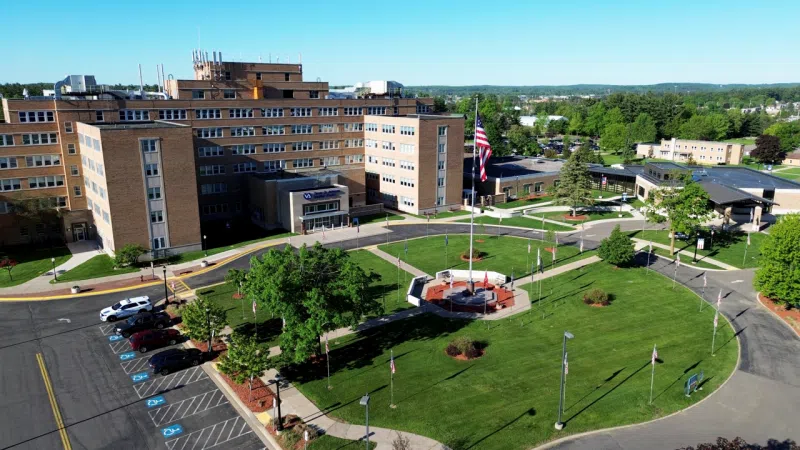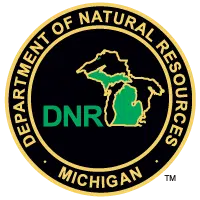In a letter this week, Gov. Gretchen Whitmer informed the U.S. Department of State that local communities and jurisdictions in Michigan will continue to support the resettlement and welcoming of refugees after the Trump Administration began requiring written consent from states.
“Michigan has a rich history of welcoming refugees and other immigrants to our state,” Whitmer said. “We recognize the value of being a welcoming state, and the contribution of refugees to the fabric of our communities. I am committed to ensuring that we remain a leader in responding to the needs of globally displaced families and individuals.”
“Every day, we hear stories of the positive social, cultural, and economic impact refugees are making across Michigan,” said Office of Global Michigan Executive Director Fayrouz Saad. “We hear it from our community leaders, a bipartisan group of elected officials, and business leaders who have all voiced their support for resettlement.”
On September 26, the Trump Administration released an Executive Order (EO), “Enhancing State and Local Involvement in Refugee Resettlement,” with the intent of expanding the authority of state and local jurisdictions to decide to resettle refugees in their states and communities. Specifically, the EO states that if a State or locality has not provided consent to receive refugees under the Program, then refugees should not be resettled within that State or locality.
In a similar executive order, the White House released the presidential determination for refugee resettlement for Fiscal Year 2020, lowering the refugee resettlement goal from 30,000 to 18,000. In previous years, refugee goals were set between 75,000 – 95,000. With over 70 million forcibly displaced individuals worldwide, this number is significantly below what the United States could welcome into our communities.
Gov. Whitmer created the Office of Global Michigan, and appointed Fayrouz Saad as its director, to advise the governor on matters relating to new Americans, immigration policy, enforcement of federal immigration laws in Michigan, and other matters as requested by the governor. She has directed Michigan’s State Refugee Coordinator and the Office of Global Michigan to work with local communities to provide compliance assistance so that they can continue the welcoming work in which they are already engaged.
The full letter can be viewed here:






















